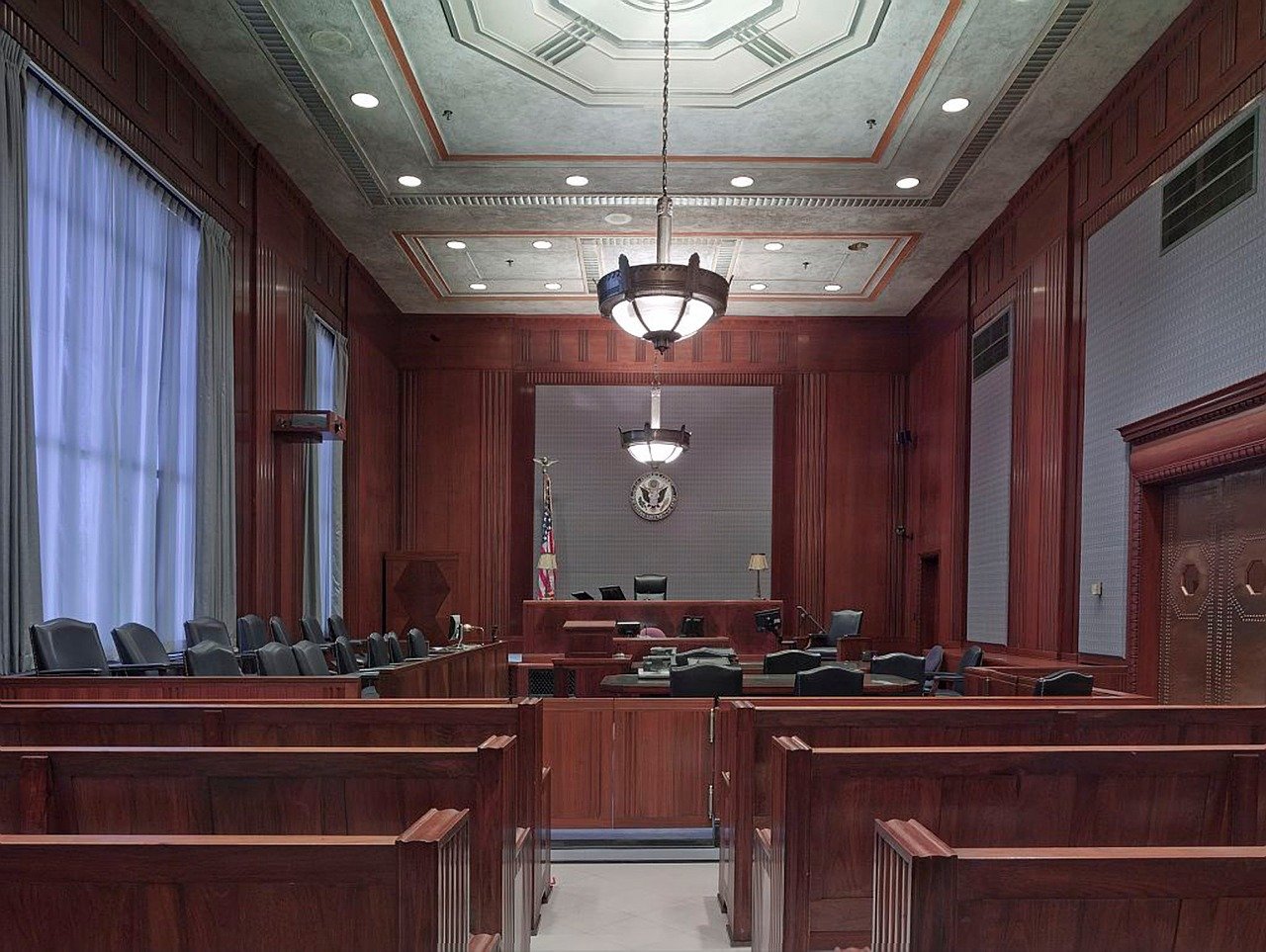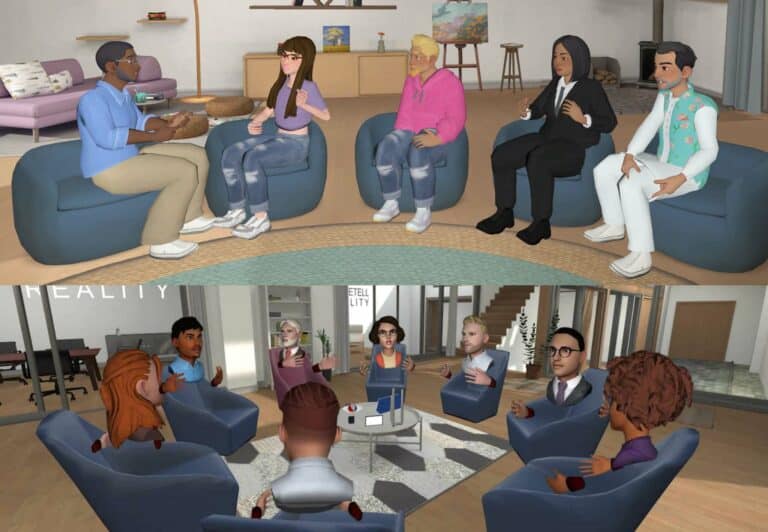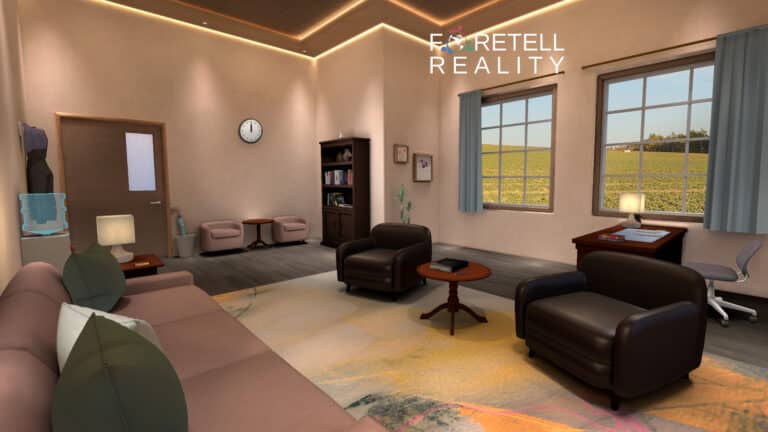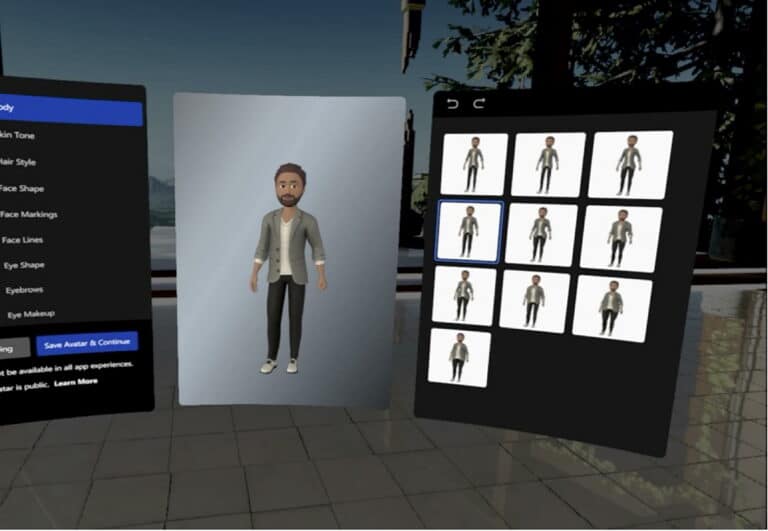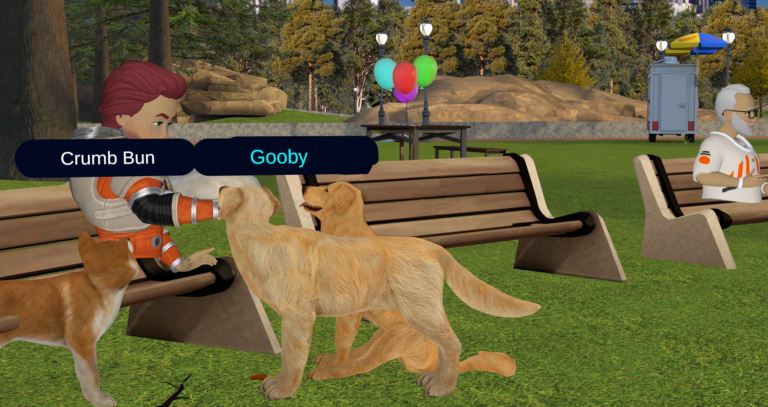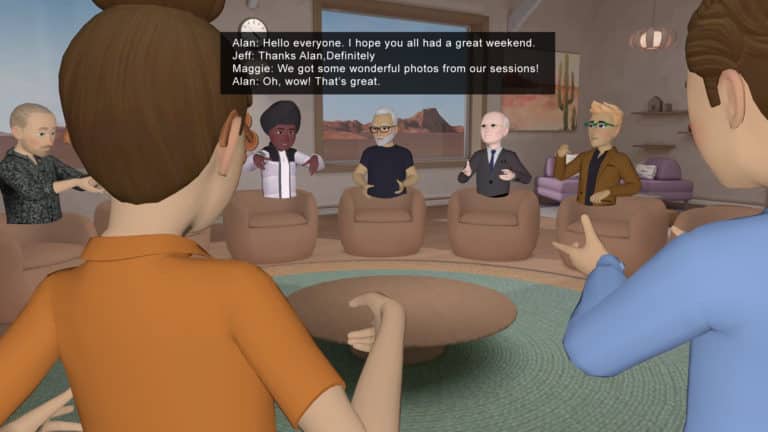An increasing number of educators and attorneys are bringing immersive virtual environments (IVE’s) to the courtroom in different ways. Below are three examples of how VR is being leveraged in legal settings.
Moot Court
The law school at The University of Ottowa is among the first programs to conduct moot court sessions in VR. Moot court simulates a court hearing in which students argue to appeal a case. They must prepare legal research, write briefs, and complete oral arguments in front of a panel of judges. Although these simulations are typically held in classrooms made to look like courtrooms, the COVID-19 pandemic halted all in-person trials, forcing the university to explore other options for holding moot court. They decided to implement VR into their curriculum to solve this problem, but as physical courtrooms became available again, faculty pushed to continue using the technology. According to Ritesh Kotak, a third-year Juris Doctor student, virtual reality “includes everything you can imagine from customizing a courtroom” to “doing training, and getting students excited.” Kotak asserts “The metaverse is here to stay so, from an educational perspective and a judicial perspective, there’s a lot of merit to using it.”
Crime Scenes/Evidence Viewing
In a recent study at the University of South Australia, researchers measured the discrepancy in jurors being shown a crime scene through a series of photographs versus being immersed in the same exact crime scene in virtual reality. Two groups of 15 participants were asked to come to a verdict on a deadly hit and run scenario. Not only were the VR participants “significantly more accurate in remembering the correct placement of evidence items”, but they came to a nearly unanimous decision, while the other participants were completely divided in their decision. Overall, 13 of the 15 participants who viewed the crime scene in VR ruled “death by dangerous driving”, while 8 of the 15 people who only viewed photographs voted on a more lenient “death by driving without due care.” Because more information can be presented in VR, participants were able to better understand the situation at hand, and thus were 9.5 times more likely to choose the “death by dangerous driving “ verdict. Although some people may be hesitant to implement VR due to its high price tag, the cost would be negligible juxtaposed to the immense cost of organizing on-site crime scene visits. Between transporting the jury and scheduling the trial to work with everyone’s schedules, it can cost thousands of dollars, whereas recreating a crime scene in VR is relatively inexpensive. If virtual reality presents the evidence of a crime in a more accurate manner, thousands, if not, hundreds of thousands of trials could reach different, more just verdicts. Dr Andrew Cunningham, from UniSA’s Australian Research Centre for Interactive and Virtual Environments, believes that this study “provides unequivocal evidence that interactive technology leads to fairer and more consistent verdicts, and indeed could be the future of courtrooms.”
Pre-trial Exposure for Lawyers and Those Taking The Stand
From a preparation standpoint, VR offers benefits to both lawyers and those taking the stand. Lawyers typically practice their cases in front of other experts to test their performance under the pressure and stress that they will most likely face in the courtroom. With the help of virtual reality, lawyers can practice arguing their case in front of a virtual crowd, which is proven to simulate a similar emotional experience to that of a real courtroom. Furthermore, if lawyers view a crime scene in VR, they will have a better understanding of the witness’s perspective pre-trial and may even increase out of court settlements. With VR, witnesses can also prepare themselves for questioning and depositions. By running through a trial beforehand, they will be better prepared to tell their story, be questioned by lawyers, and avoid experiencing the emotional rollercoaster that many witnesses face.
Foretell Reality is a VR platform for simulations and role play training including features like personalizable avatars, realistic environments, and 360 video viewing. Visit us today for a demo.


